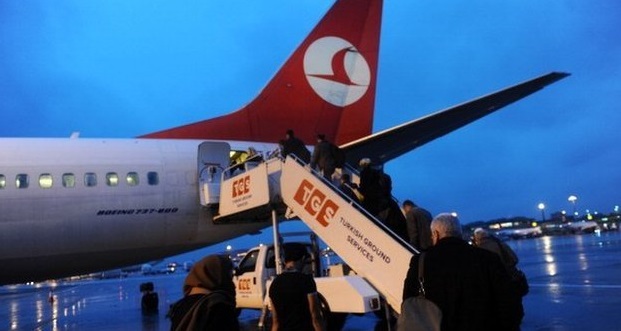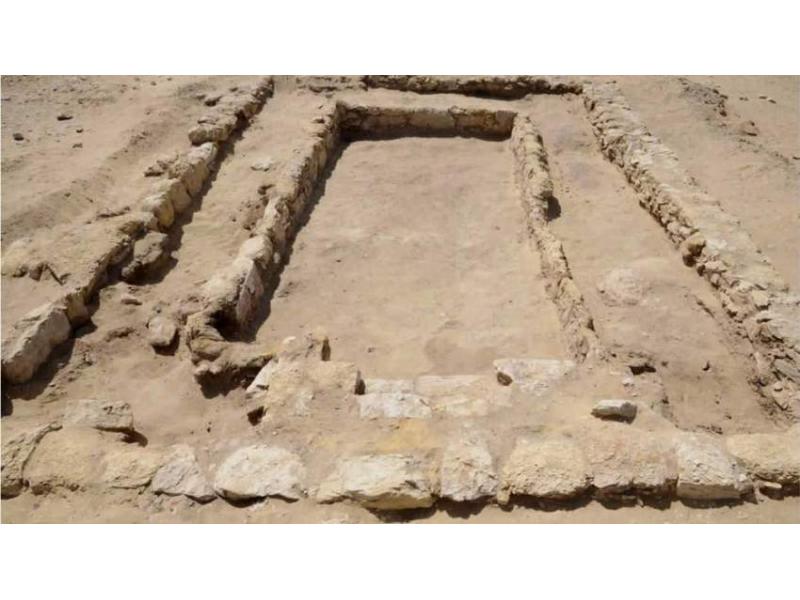Africa’s trade volume is projected to shrink in the first six month of 2024, as the recent attacks by Iran-backed Houthi rebels on commercial vessels will have a huge consequence on the economies of African countries, especially those in North and East Africa, says a new report compiled by Afrexim Bank.
As Yemen-based militants continue to disrupt trade flows on the Red Sea route, the world’s main trade route to most container ships that accounts for about 15% of global shipping traffic, this will have serious implications for African trade and macroeconomic stability, the report says.
With the Covid-19 pandemic and the war in Ukraine, the budgets of African governments have been overstretched, and they cannot afford another major global disruption. Many countries on the continent are experiencing mounting debt problems, exchange rate instability and inflationary pressures. According to the report, “this may trigger divestments from the region if costs rise above the competitive levels obtainable in other regions. Already, we expect the region’s trade volume to contract by half-year.”
“The ongoing attacks in the Red Sea have produced distortions to African trade and may have deeper implications for the region’s macroeconomic stability in the short to medium term,” the report said. It also warns that the attacks will further complicate the fiscal and broader economic situation of many African countries, most notably Egypt, Ethiopia, Djibouti and Kenya, among others, heightening the possibility of a food, debt and energy crisis, if left untamed.
According to the report, Ethiopia is especially vulnerable because it relies on the Port of Djibouti along the Red Sea for a significant fraction of its trade. Therefore, it calls on the international community to intensify efforts in seeking a peaceful solution between Israel and Palestine, as this could reduce tensions in the Red Sea.



